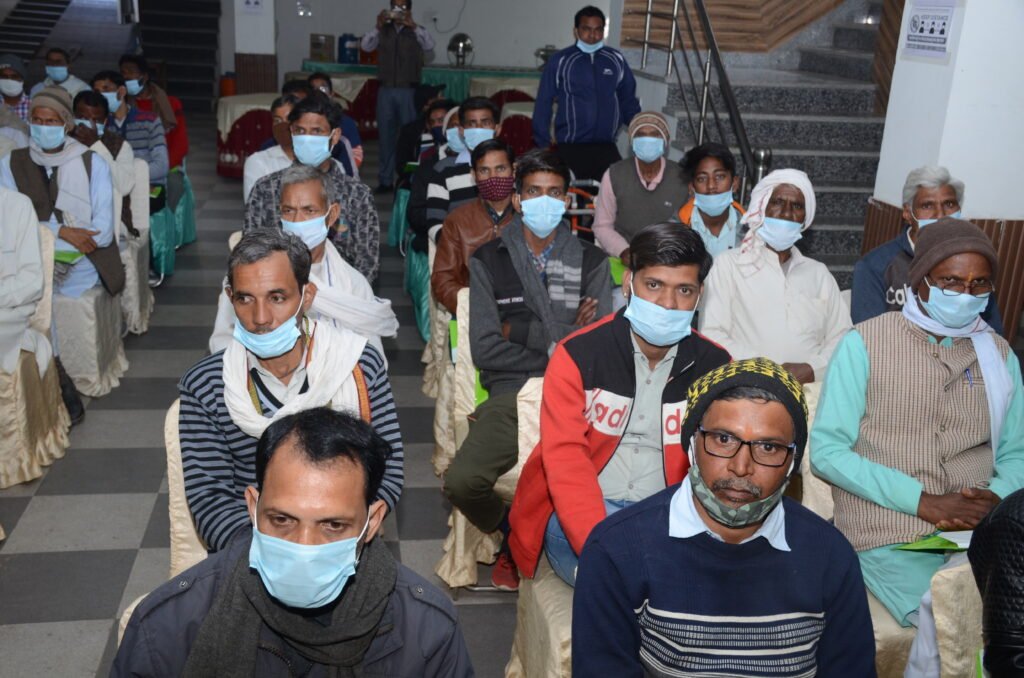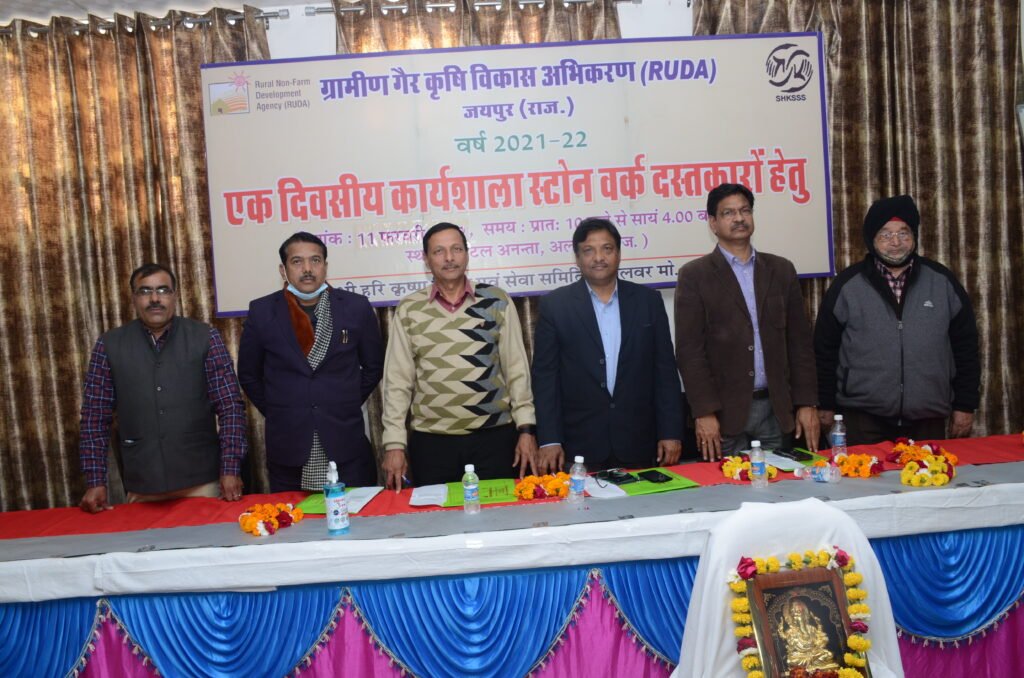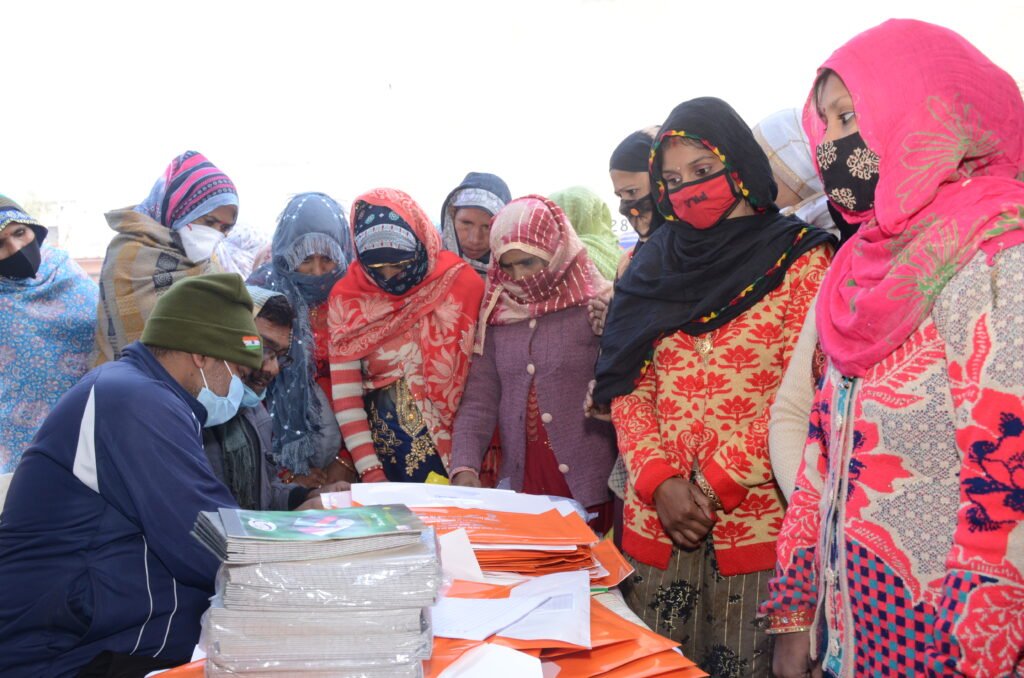
Rural Non-Farm Development Agency (RUDA): Empowering Rural Economies
Introduction to RUDA: Rural Non-Farm Development Agency (RUDA) is a governmental or non-governmental organization dedicated to fostering economic development and livelihood opportunities in rural areas outside of traditional agriculture. RUDA recognizes the potential of non-farm activities in rural economies and works towards enhancing their viability, sustainability, and impact on local communities.
Mission and Goals: RUDA’s mission is to alleviate poverty, promote economic growth, and improve the quality of life in rural areas through the development of non-farm sectors. Its goals include:
Diversification of Rural Economies: Encouraging the growth of non-agricultural activities to reduce dependence on agriculture and create alternative sources of income.
Empowerment of Rural Entrepreneurs: Providing support, training, and resources to rural entrepreneurs to establish and sustain non-farm businesses.
Infrastructure Development: Facilitating the development of infrastructure such as roads, electricity, and internet connectivity to enable the growth of non-farm sectors in rural areas.
Skill Development: Offering skill development programs and vocational training to equip rural youth with the necessary skills for employment in non-farm sectors.
Market Access: Facilitating market linkages and providing marketing support to rural enterprises to access wider markets and increase profitability.


Key Initiatives and Programs:
Entrepreneurship Development Program: RUDA conducts entrepreneurship development programs to identify and nurture entrepreneurial talent in rural areas. These programs provide training in business management, financial literacy, and market research to aspiring rural entrepreneurs.
Microfinance and Credit Facilities: RUDA facilitates access to microfinance and credit facilities for rural entrepreneurs to start or expand their non-farm businesses. This includes providing low-interest loans, financial literacy training, and support in accessing formal banking services.
Value Chain Development: RUDA works on strengthening value chains in non-farm sectors such as handicrafts, food processing, and small-scale manufacturing. By improving the efficiency and competitiveness of value chains, RUDA aims to enhance the income and livelihoods of rural producers and workers.
Infrastructure Development Projects: RUDA collaborates with government agencies and other stakeholders to implement infrastructure development projects in rural areas. These projects focus on improving transportation, energy, and communication infrastructure to create an enabling environment for non-farm activities.
Market Development and Linkages: RUDA facilitates market development initiatives such as organizing trade fairs, exhibitions, and buyer-seller meets to connect rural producers with potential buyers and markets. This helps in expanding market access and increasing the visibility of rural products.
Impact and Success Stories: The impact of RUDA’s interventions can be seen in the improved livelihoods and economic resilience of rural communities. Some success stories include:
Increased Income Generation: Many rural households have experienced a significant increase in income through engagement in non-farm activities facilitated by RUDA. This has helped in reducing poverty and improving living standards in rural areas.
Employment Generation: RUDA’s efforts in promoting non-farm sectors have led to the creation of employment opportunities for rural youth and women. This has contributed to reducing unemployment and migration from rural to urban areas.
Empowerment of Women: Women in rural areas have benefited from RUDA’s programs by gaining access to training, credit, and market opportunities for their non-farm enterprises. This has empowered them economically and enhanced their social status within their communities.
Revitalization of Rural Economies: RUDA’s interventions have contributed to the revitalization of rural economies by diversifying economic activities, promoting local entrepreneurship, and creating a conducive environment for business growth and investment.


Challenges and Future Directions: Despite its achievements, RUDA faces several challenges such as limited financial resources, inadequate infrastructure, and the need for greater coordination among stakeholders. To address these challenges and sustain its impact, RUDA can focus on:
Resource Mobilization: RUDA can explore innovative financing mechanisms and partnerships with private sector entities, development agencies, and philanthropic organizations to mobilize resources for its programs and initiatives.
Capacity Building: Investing in the capacity building of local institutions, community-based organizations, and government agencies can enhance the effectiveness and sustainability of RUDA’s interventions at the grassroots level.
Policy Advocacy: RUDA can engage in advocacy efforts to influence policies and regulations that affect rural non-farm development, such as access to land, markets, and infrastructure. By advocating for supportive policies, RUDA can create an enabling environment for rural entrepreneurship and economic growth.
Harnessing Technology: Leveraging technology and digital platforms can enhance the efficiency and reach of RUDA’s programs, particularly in areas such as e-commerce, digital marketing, and online skill development.
